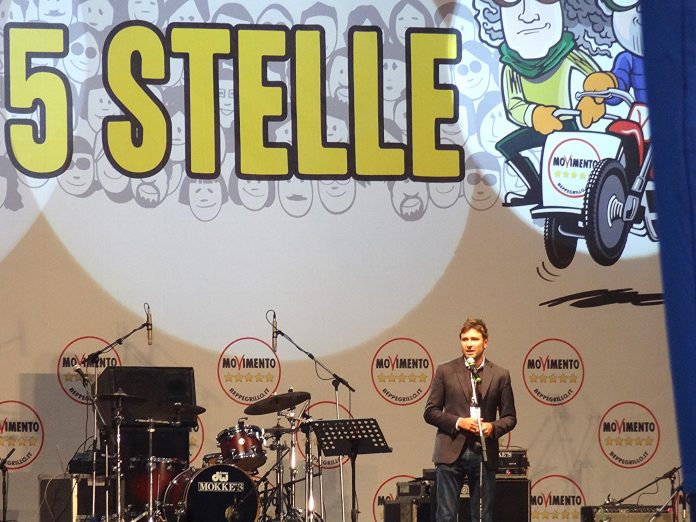In the lead up to Italian elections, the Atlantic Council think tank in Washington has warned that Russia’s influence may be strongest in Italy, where the highest-polling populist Five Star Movement has attracted both right-wing and left-wing supporters.
“The party’s documented pro-Kremlin stance combined with its grassroots mobilisation capacity make it a particularly important ally for the Kremlin, and thus a dangerous force against the EU, Nato, and the transatlantic partnership,” they write, even though a direct link between the Kremlin and the Five Star Movement has never been proved and a recent increase in bot activity there has so far not been directly traced back to Russia.
As reported by The Washington Post, while the use of bots itself may be impossible to root out, one of the lessons Italy has learned from the 2016 US elections is exactly the one now publicly accessible in Robert S. Mueller III’s indictment: Voters from Rome to San Francisco are probably ill-prepared for the risks of the digital age.
Italy has decided to do something about it. Italy launched a scheme at 8,000 schools to teach students about how to distinguish between fake and real news in an experiment supported by social networks such as Facebook.
“Fake news drips drops of poison into our daily Web diet, and we end up infected without even realising it,” Laura Boldrini, the independent president of Italy’s lower house of Parliament, told the New York Times last year. “It’s only right to give these kids the possibility to defend themselves from lies,” she said.
Some of the lessons Italian high school students are learning are simple but could turn out to be effective. Their assignments include distinguishing between real URLs of news sites and modified URLs linking to fakes, designed to trick users into believing they’re on more well-known websites, for instance.
Other countries have followed suit. The German government, for instance, faced similar allegations after it introduced a law earlier this year that forces social networks to take offensive content down or face major fines. France is also in the process of drafting a separate bill to limit the spreading of fake news during election campaigns.
The Czech Republic has also created a dedicated anti-fake news department but has decided against censoring or taking down websites spreading fake news. Instead, the Prague-based centre has relied on mass media to pick up its tweets or statements to debunk misleading online reports.

